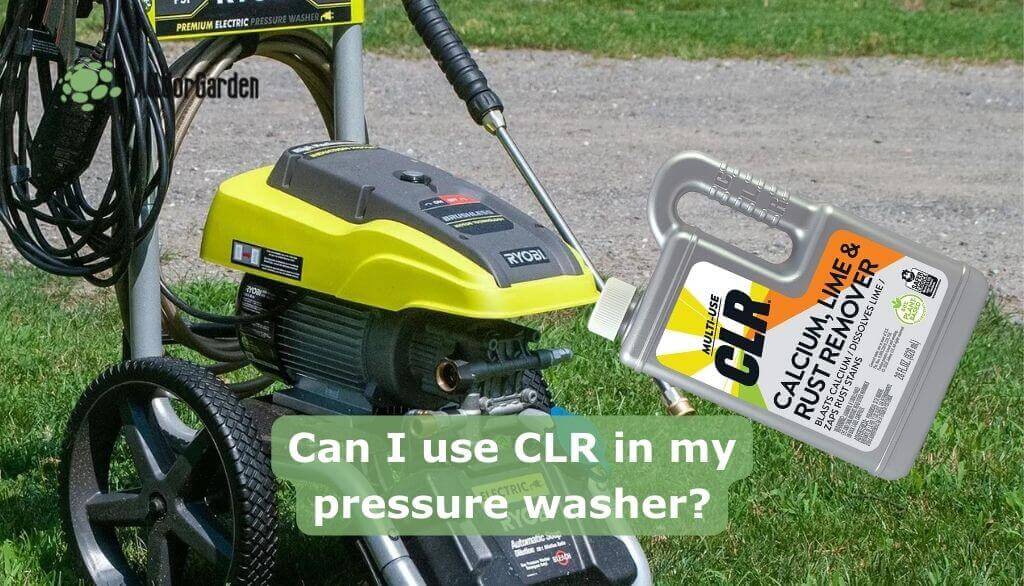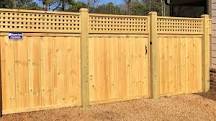Pressure washers are an incredibly versatile tool for cleaning a wide variety of surfaces, from concrete driveways to wooden decks. One common question that arises when using a pressure washer is whether or not you can use CLR (Calcium, Lime, and Rust remover) as a cleaning solution.
In this blog post, we will explore the benefits and potential risks associated with using CLR in your pressure washer, as well as provide tips for safe and effective usage.

What is CLR?
CLR is a powerful cleaning agent designed to dissolve and remove tough calcium, lime, and rust deposits. It is a non-toxic, biodegradable solution that is safe for use on most surfaces, such as glass, stainless steel, and porcelain. However, CLR is not recommended for use on certain materials, like wood, aluminum, or natural stone.
Can You Use CLR in a Pressure Washer?
Yes, you can use CLR in your pressure washer, but with some important caveats. First, you must ensure that your pressure washer is designed to handle cleaning solutions. Check your pressure washer’s user manual to confirm it has a built-in detergent reservoir or an appropriate attachment for adding cleaning agents. If your pressure washer is compatible with cleaning solutions, follow the manufacturer’s guidelines for using and diluting detergents.
Benefits of Using CLR in a Pressure Washer
Using CLR in your pressure washer can provide several benefits.
Effective cleaning
CLR is specifically formulated to tackle calcium, lime, and rust deposits, making it a powerful addition to your pressure washer for removing stubborn stains and build-up.
Time-saving
Combining the strength of CLR with the high-pressure water spray of your pressure washer can make for a more efficient cleaning process, allowing you to complete tasks more quickly.
Eco-friendly
CLR is a biodegradable and non-toxic cleaning solution, making it a safer choice for the environment compared to some other chemical cleaning agents.
Tips for Using CLR in Your Pressure Washer
To ensure the safe and effective use of CLR in your pressure washer, consider the following tip.
Test on a small area
Before applying CLR to a large surface, test the solution on a small, inconspicuous area to ensure it does not cause discoloration or damage.
Dilute CLR properly
Follow the manufacturer’s guidelines for diluting CLR. Typically, a 50/50 mix of CLR and water is recommended. Make sure to mix the solution in a separate container before adding it to your pressure washer’s detergent reservoir.
Use the correct pressure washer nozzle
When using CLR in your pressure washer, use a nozzle with a wider spray angle (such as a soap nozzle) to avoid causing damage from high pressure.
Avoid contact with sensitive materials
As mentioned earlier, CLR is not suitable for all surfaces. Avoid using it on wood, aluminum, or natural stone surfaces.
Rinse thoroughly
After using CLR in your pressure washer, make sure to thoroughly rinse the surface with clean water to remove any remaining solution.
Follow safety guidelines
Wear appropriate protective gear, such as goggles and gloves, when using your pressure washer with CLR. Additionally, ensure the area is well-ventilated to avoid inhaling any fumes.
FAQs
What Is the Best Cleaner to Use in a Pressure Washer?
How Do I Descale My Pressure Washer?
When Should You Not Use CLR?
What Are Some Alternatives to Clr for Pressure Washing?
Can CLR Be Used to Clean Car Engines?
Is It Safe to Use Clr on Painted Surfaces?
Conclusion
Using CLR in your pressure washer can be an effective and time-saving method for tackling stubborn calcium, lime, and rust deposits. By following the appropriate precautions and guidelines, you can safely and efficiently use CLR in your pressure washer for a variety of cleaning tasks.
However, always remember to consult your pressure washer’s user manual and the CLR manufacturer’s instructions before proceeding.



